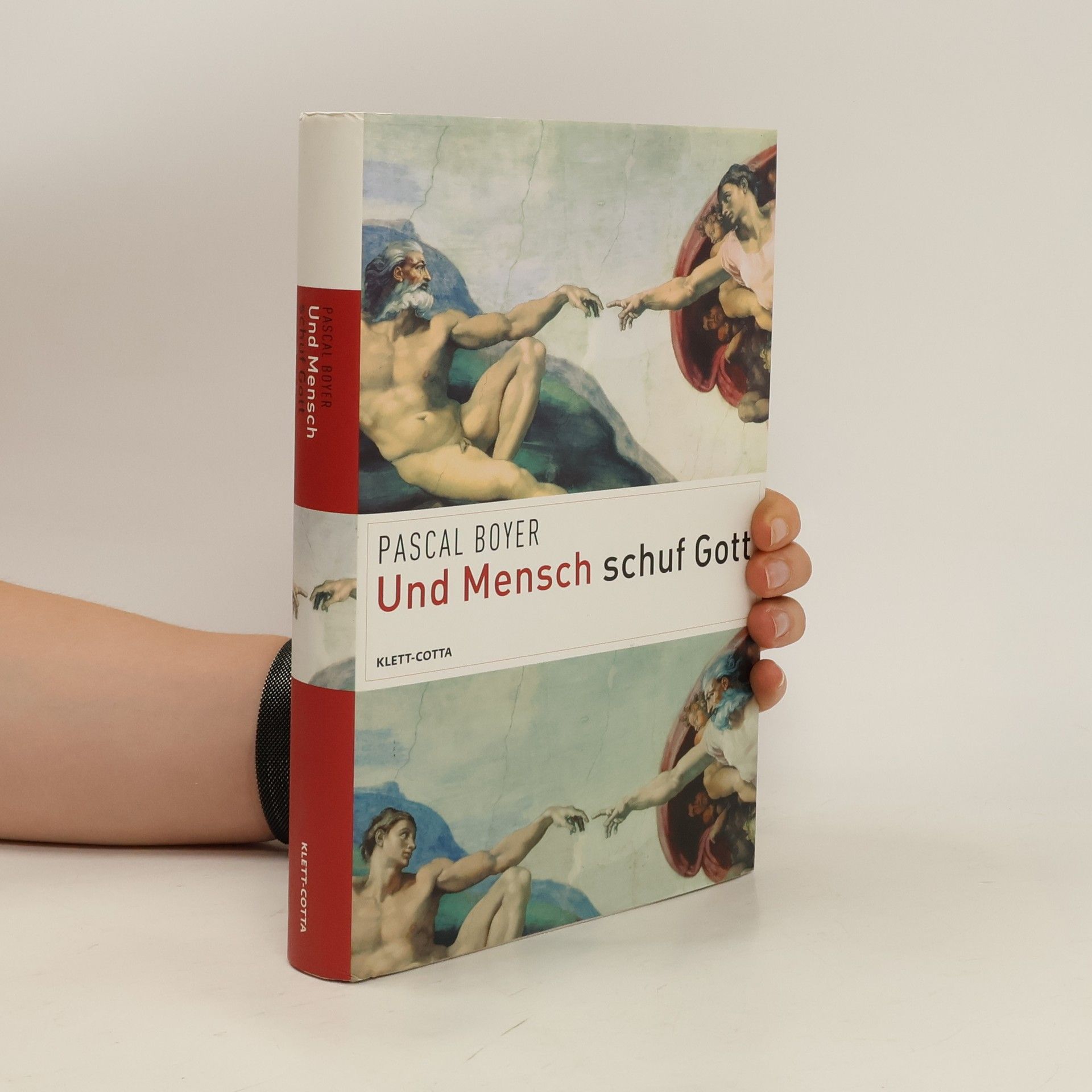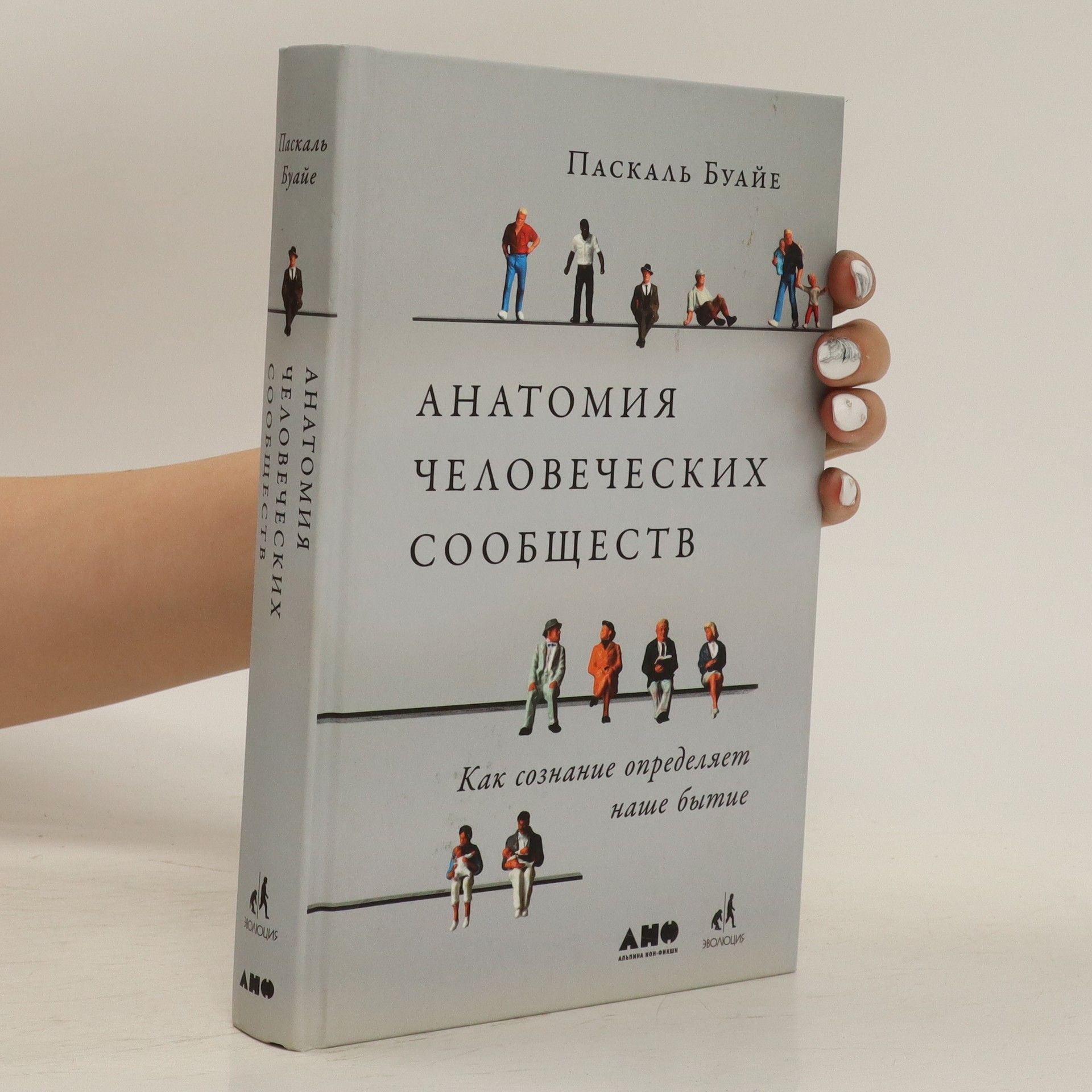Minds Make Societies
- 376bladzijden
- 14 uur lezen
A watershed book that masterfully integrates insights from evolutionary biology, genetics, psychology, economics, and more to explore the development and workings of human societies "There is no good reason why human societies should not be described and explained with the same precision and success as the rest of nature." Thus argues evolutionary psychologist Pascal Boyer in this uniquely innovative book. Integrating recent insights from evolutionary biology, genetics, psychology, economics, and other fields, Boyer offers precise models of why humans engage in social behaviors such as forming families, tribes, and nations, or creating gender roles. In fascinating, thought-provoking passages, he explores questions such as, Why is there conflict between groups? Why do people believe low-value information such as rumors? Why are there religions? What is social justice? What explains morality? Boyer provides a new picture of cultural transmission that draws on the pragmatics of human communication, the constructive nature of memory in human brains, and human motivation for group formation and cooperation.


